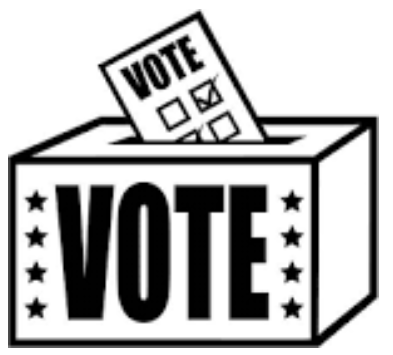The British people have always opposed membership of the European Union. They expressed, in all opinion polls, complete opposition (between 60 and 70%) to removing specific sovereign powers in virtually all areas of policy making and when asked whether the British or European parliament should rule supreme they clearly stated the former. But when it came to Government-organised votes on Europe they were not asked those questions – but a cosy, vague and indefinable “question” slanted towards the establishment view.
Today, long before the putative date of a referendum on whether Britain should remove itself from the constitutional structures of “the country called Europe” as the EU calls itself and long before it is clear whether any meaningful concessions have been wrung from Brussels, the Cameron Government is following the well worn path of public manipulation of referenda.
GOVERNMENT will as usual seek a question and the answer the Government wants will be “Yes” – psychologically an easier vote – while the psychologically harder “No” will be the option the Government does not favour. Doubtless also the first option on the ballot paper will be “Yes”!
Therefore it is quite clear for any democrat anxious to secure an informed vote that there must be no question – just alternative statements set out on the ballot paper. Two alternative statements must by their nature be far more explanatory than the simplistic “Yes-No” – which is why of course politicians tend to avoid such clarity when questioning the true sovereigns (the people) in a ballot.
At least the Government has restricted the vote on the future of the British to those qualified to vote in British parliamentary elections, but they evidently still need to be persuaded to offer a democratic form of the ballot paper itself.
The ballot paper should therefore contain two statements, set out in two boxes at the same level on the ballot paper. Those statements should read: “I want the UK to accept membership of the European Union” and “I want the UK to form a free trading self governing relationship with the European Union”. For it is evident that (despite the scare mongering of ignorant big business over “leaving Europe”) that trade and mutual cooperation between Britain and the EU will continue after any abandonment by the British of the European Constitution. After all the Swiss trade a far higher percentage of their economy with the EU than Britain, despite never having been a member!
Equally important are the conditions under which the campaign is conducted. The great Thomas Paine famously enunciated the principle: ““Government has no right to make itself a party in any debate respecting the principles or modes of forming, or of changing, constitutions. It is not for the benefit of those who exercise the powers of government, that constitutions, and the governments issuing from them, are established.”
So neither the Government nor the Government machine should be active in the forthcoming referendum. The Governing parties should not be active as participants and their members and MPs should only be active as supporters of one side or the other – both of which should have equal public funding and provide scrutineers at all counts. A Referendum is of the People and the Government should have no separate role to play.
No funding for either side should be allowed from business, trade unions, the European Commission or any third party nor should any third party be permitted to provide any materials, services or facilities whatsoever to the competing campaigns or to the British public in any form. The penalty for infraction should be a fine ten times the value of the services provided and would invalidate the entire referendum.
Since there is no automatic provision for implementing the result of a referendum in the British constitution or democratic tradition the enabling legislation must make the result of the Referendum binding on Parliament and politicians.
Should the decision be to leave the European Union then the 1972 European Act will be repealed within 6 months and the United Kingdom will leave the European Union and begin negotiations as an unencumbered sovereign State to establish free trading and co-operation agreements with the EU and EEA States not part of the European Union and the British Commonwealth.


















